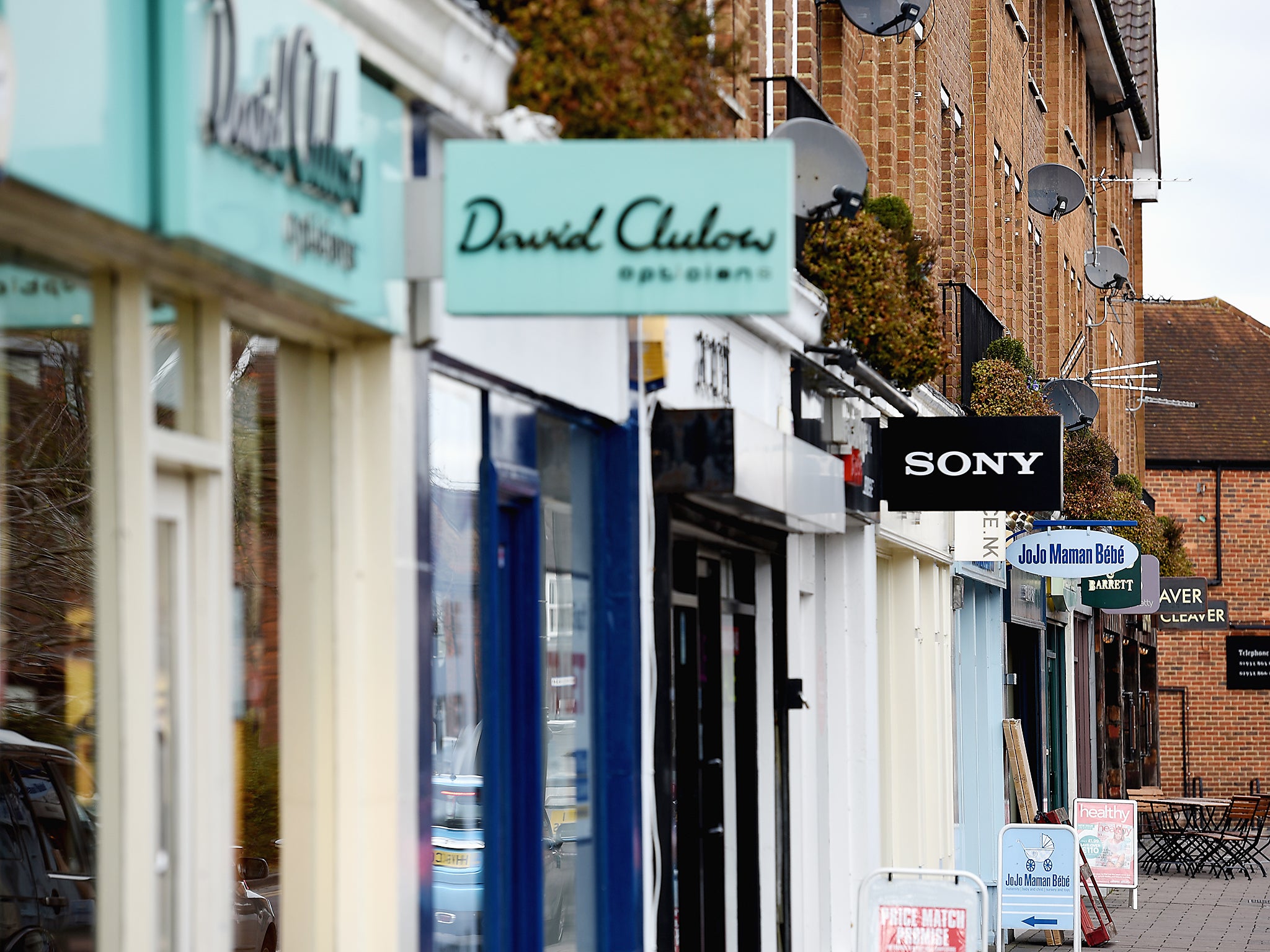Brexit: UK high street fails to grow for fourth month amid inflation jitters
Figures from accountancy and business advisory firm BDO show that like-for-like sales were flat last month when compared to February, and fashion sales fell

Support truly
independent journalism
Our mission is to deliver unbiased, fact-based reporting that holds power to account and exposes the truth.
Whether $5 or $50, every contribution counts.
Support us to deliver journalism without an agenda.

Louise Thomas
Editor
The UK’s high street has failed to grow for the fourth month in a row as good weather and robust Mother’s Day spending failed to offset inflation jitter, general economic uncertainty and tough competition from those selling online.
Figures from accountancy and business advisory firm BDO show that like-for-like sales were flat last month when compared to February, and fashion sales fell.
The number of people hitting the shops actually rose compared to the same month last year, according to data from Springboard cited by the BDO, but retailers struggled to convert buoyant footfall into bricks-and-mortar sales.
“March 2017 is the fourth month in a row to see no growth on the high street despite a notable rise in footfall,” said Sophie Michael, head of retail and wholesale at BDO.
“The new season should have triggered high street spending, and retailers will be questioning why they have been unable to convert shoppers into buyers,” she added.
Ms Michael said that as inflation is beginning to be felt and with no sign that economic uncertainty will subside any time soon, it is particularly important that retailers focus on “product, quality and range”.
She said that “with a tightening consumer purse, shoppers will become increasingly choosy about how they spend their pound”.
“Retailers have clearly got a challenge ahead of them and will have to go the extra mile to differentiate their products and stores.”
The latest figures available show that consumer price inflation jumped to 2.3 per cent in February as the slump in the value of the pound since last year’s Brexit vote fed through into the cost of living.
The annual rate of inflation is now higher than the Bank of England’s 2 per cent target for the first time since November 2013.
Total average wage growth in the three months to January was 2.2 per cent, which implies that in real terms wages are now declining again which in turn seems to be stifling shoppers’ appetite to spend.
The British Retail Consortium in February said that the final three months of 2016 had represented the “most disappointing” quarter since the 2009 financial crisis.
The BDO in its latest report found that in addition to fashion, homeware items experienced a particular slowdown in March.
Subscribe to Independent Premium to bookmark this article
Want to bookmark your favourite articles and stories to read or reference later? Start your Independent Premium subscription today.
Join our commenting forum
Join thought-provoking conversations, follow other Independent readers and see their replies
Comments